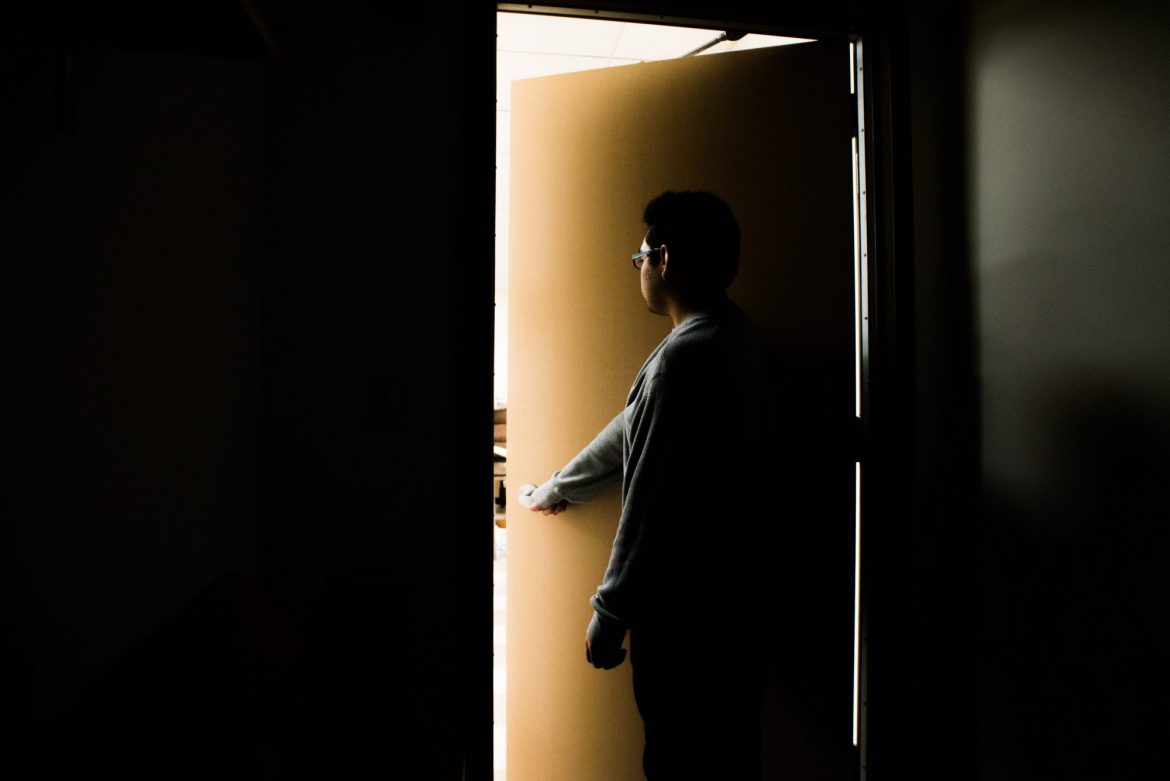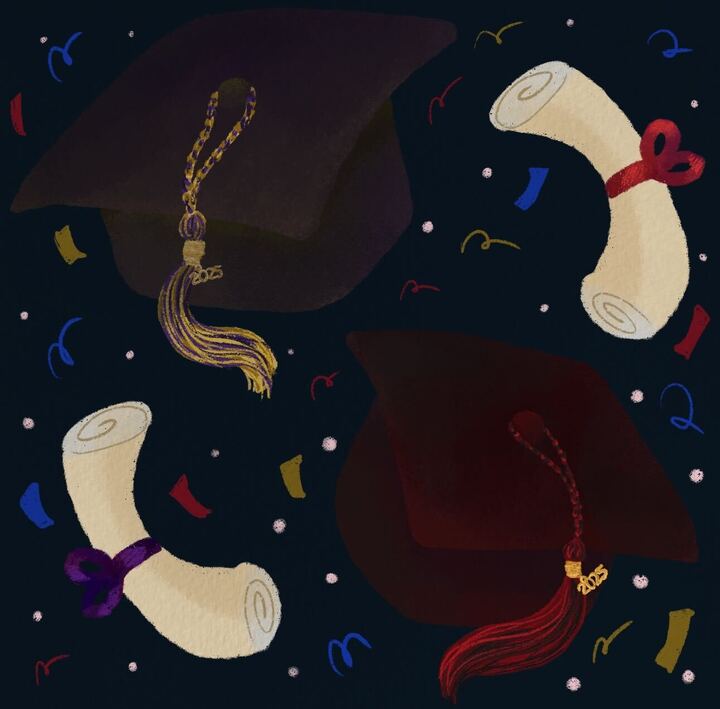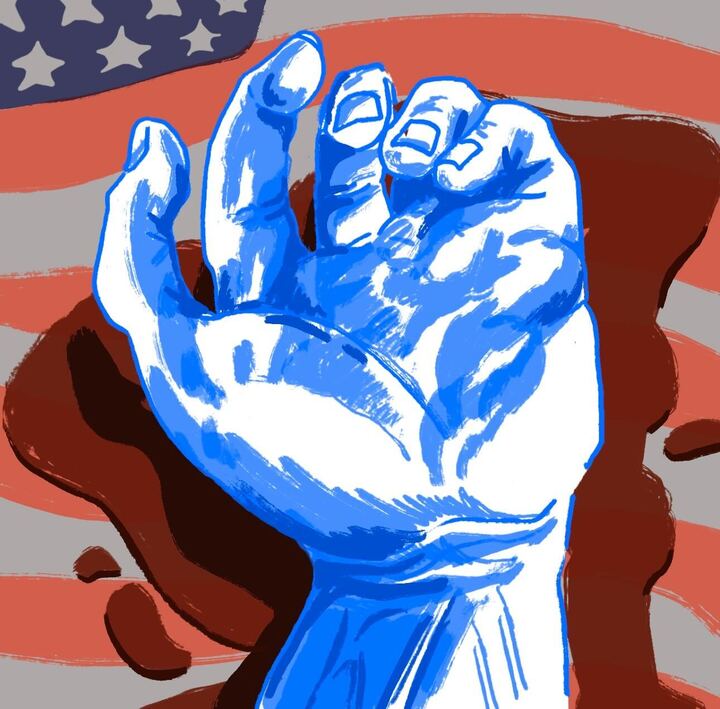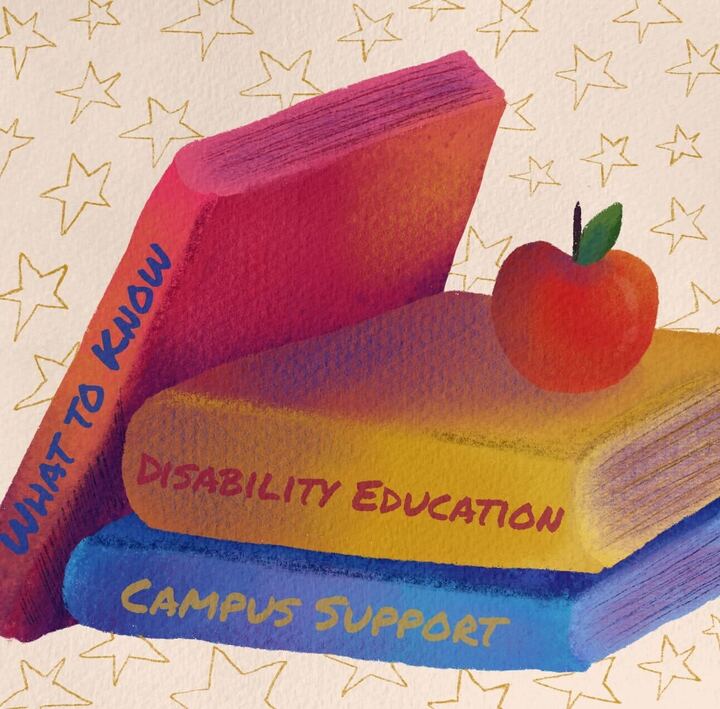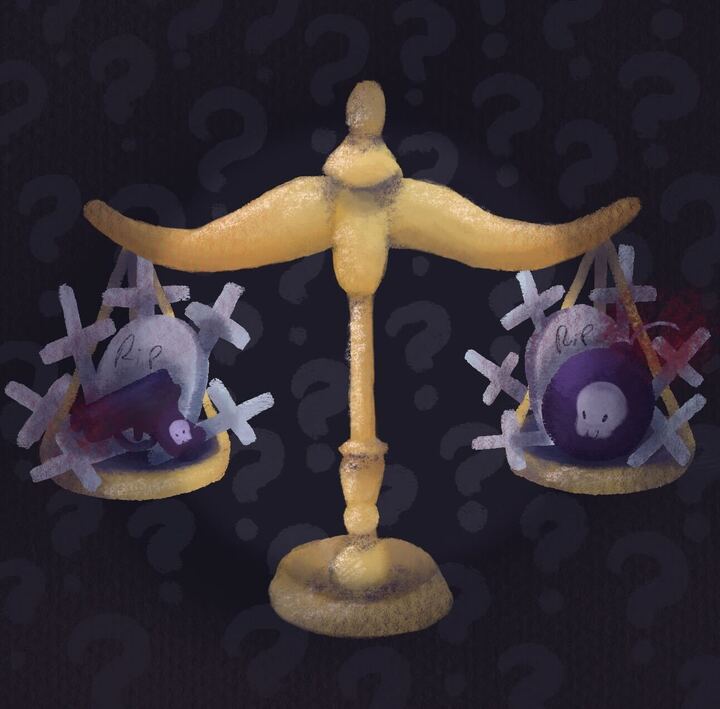Since spring 2015, CSUN has required mandatory online training on sexual assault and prevention for its students. For most, it comes as an annoyance, but since their class schedule depends on it, they bear it. While these programs are designed to educate college students on sexual assault, they realistically hurt the people they aim to help the most. Sexual assault survivors have been marginalized by the programs forced on us by our administration.
I was assaulted on this campus on Nov. 26, 2012. It occurred in the dorm room of the man I’d been seeing. Initially, I didn’t think of it as rape. There were no threats, no violence, nothing that I thought was “normal” about rape. However, it took months to realize what happened to me was rape. It occurred during my first semester of college, the most common time for students to experience assault. In addition, I was 18 and had just fallen into the category of “college age” women (18-24), . I had dated and trusted him, and had gone to his place voluntarily. And still, the most normal thing about my rape was that I left it unreported.
There are many reasons why survivors choose not to report. Personally, I felt like I’d seen enough Law and Order: Special Victims Unit to assume it was going to be my word against his. I thought the amount of work I’d have to go through to get him punished wasn’t worth it. While that may or may not be true, it came down to the pain and embarrassment of admitting everything that had happened. I was so ashamed and didn’t want to talk about it once, let alone over and over.
It took months for me to feel like I should get help. I didn’t have a job at the time so I kept myself distracted with class and friends so I wouldn’t have to be alone and think about it. Yet, no matter what I did, it always sat in the back of my mind.
In March 2013, I decided to call University Counseling Services and set up an appointment to talk to someone. When I called, they told me their soonest appointment was two and a half weeks away. While I knew my desire to talk was fleeting, I scheduled the appointment anyway. As the appointment date grew closer, the thought of talking about it terrified me once again. I didn’t go to the appointment and I never called them again.
The next two years consisted of me dealing with it the best I could. My rapist kept trying to come back into my life, and would tell me how worthless I was every time I rejected him. I’m not sure what took me so long, but after a particularly nasty stream of texts in Sept. 2014 I blocked his number and haven’t heard from him ever since.
I continued to cope in my own way until March 13, 2015, when I received an email from CSUN’s administration. The email stated that all undergraduate students must complete an online course on sexual assault prevention to avoid a registration hold for the upcoming semester. We were given less than a month to complete the course.
I was shaken. I didn’t want to sit there for “approximately one hour” staring at my computer while it told me all the things I could do to prevent what had already happened to me. What choice did I have? I couldn’t register for classes without taking the course, and it was federally required for all undergraduates to complete the training. No alternative was provided.
I decided to wait until the day it was due. I sat down on my bed with my laptop and felt like my teeth were being pulled as I signed up for the course and started. I was apprehensive, nervous, and stressed. I didn’t want to think about it, let alone have this thrown on me without my consent.
In essence, the “training” consisted of a series of videos containing poorly animated characters in different situations. The characters were shown at parties drinking, and it asked the user different questions about the right and wrong things to do in the scenarios. Not once did I see a scenario close to what had happened to me.
By the end of the course, I was mad. The whole program had been so unbelievably offensive to me, as a survivor. I had no clue what to do about it. I didn’t voice my frustrations with being required to take this course as I should have. I thought that was the end of it, and was just glad to be done with it all. Most of the people I knew saw it merely as an annoyance, and I didn’t want to climb on a soapbox to explain how much this had hurt me.
My registration hold was released. I got my classes, and went on with my life for the next year. I felt like I was doing significantly better. I didn’t clutch my bag tightly when walking around campus in fear of seeing him. I didn’t feel the need to run and hide at every mention of sexual assault. I was dating someone who truly cared about me and had been more than willing to work through the trauma with me when I needed him to. Everything was fine.
Then I got another email on Sept. 28, 2016.
We had to do it again. Same requirements, you can’t register until it’s completed. I was so frustrated at the thought of having to do this again that I didn’t finish reading the email, and missed the part where, this time around, an alternative was offered to those who may be distressed by the content of the course. I’m not sure what the alternative is, because it just says to call the school’s Campus Care Advocate to discuss other options. Even if I’d been aware of the option, I’m not sure I would have called anyone directly to speak about why I didn’t want to do this.
This time, my frustration stemmed from the content. While I admit that I didn’t watch as much of it as intended, since it wasn’t as interactive as the last course, what I did watch left me fuming.
Most of it was about bystander prevention, and everything that we should be doing to prevent sexual assault from happening to others. The course featured videos of survivors and their families, weeping as they explained that if someone had just done something and stepped in that all this wouldn’t be so bad.
I was livid; it was one of the times I felt most marginalized as a survivor of sexual assault. The videos mostly focused on what others can do to prevent assault, and blatantly ignored cases like mine. I had gone to his apartment purposely to be alone with him. We hadn’t been drinking, and this wasn’t just some guy I kind of knew at a party. He was the man that I was dating and that I trusted. Nothing anyone could have done would have prevented this except for him alone.
I was so angry at the course for making it seem so simple; as if rape wouldn’t happen if we would just pay more attention. While I agree that bystander awareness is key to preventing many assaults, it isn’t as black and white as they made it seem, especially on college campuses. Assault and rape is a huge gray area, and we need to stop treating it as something that has a simple or singular solution.
While resources were offered at the end of the course, I couldn’t understand why it was focused so heavily on only prevention. There was nothing on how to talk to your friends and comfort them. There was nothing about what to do if you didn’t want to call a hotline or go to a support group. There was so much on how to prevent rape, but little about how to recover from it.
At the end of the course, there was a form for students to give feedback, and I wasn’t kind. Besides myself, I was mad for so many others I didn’t know. I wondered about other survivors while I wrote how much this affected us. What if they haven’t had the time to cope? What if they’re not ready to go through this course or directly call someone to tell them why? What if they’re just like I was, silently suffering and not sure how to deal with it? I felt for them all, more than myself.
I understand why we had to take these courses. I understand that it was not the sole decision of our campuses administration, and that they too were somewhat forced into implementing this. However, there needs to be a better alternative. There should be a way to communicate that this subject isn’t cut and dry, that a college campus is its own culture and community, and that while there may not be a simple solution, we are working to make CSUN a better and safer place every day.
I’m not mad about the course anymore. Now, I am pleading for schools across the country to find a better way. Find a better way to explain what rape and consent are to all students. Find a better way to focus on recovery for those who need it. And find a better way to show that rape isn’t the beginning or the end, it’s a just a little part in the middle.
